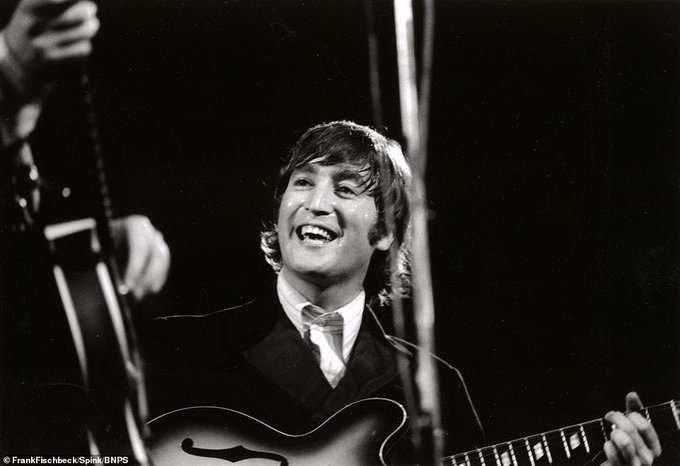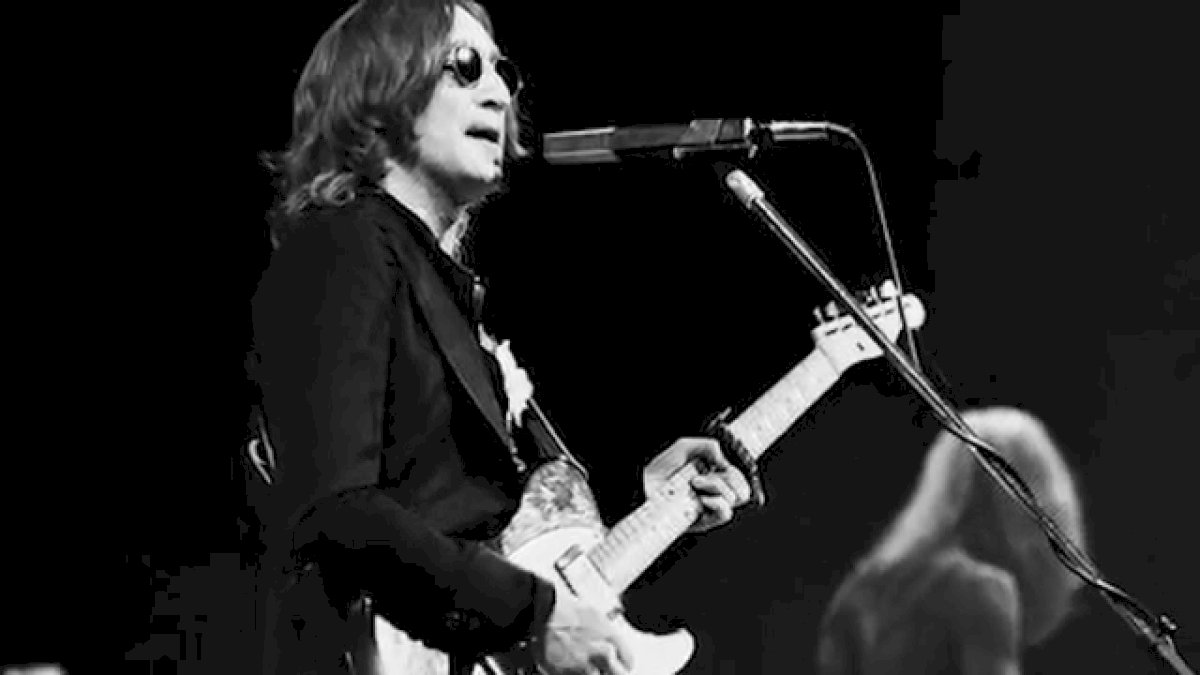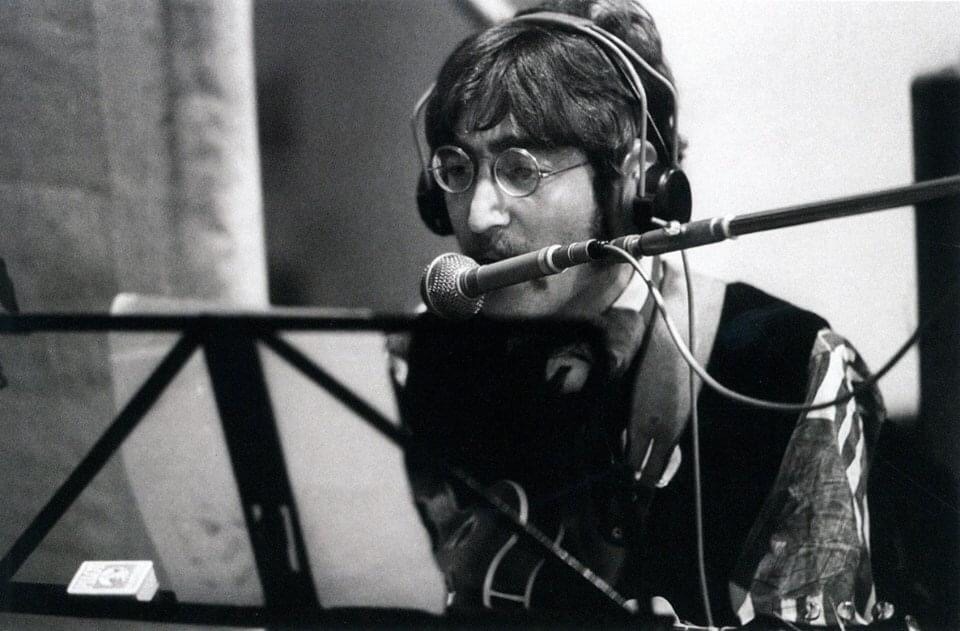The union between John Lennon, the legendary Beatle, and Yoko Ono, the avant-garde artist, was more than just a romantic relationship. It was a partnership rooted in love, creativity, and a shared commitment to activism. Their journey together transcended boundaries, inspiring generations and leaving an indelible mark on the world.

John and Yoko's relationship began in the midst of the Beatles' fame and the turbulence of the 1960s. They met at one of Yoko's art exhibitions in London in 1966, where their connection was instant and profound. Despite initial skepticism from fans and the media, John and Yoko's bond deepened over time, fueled by their mutual passion for art, music, and social change.

The couple's activism was evident from the outset. In 1969, they famously staged their "Bed-In for Peace" protest, spending a week in bed at the Amsterdam Hilton Hotel to promote world peace. This unconventional form of protest garnered widespread attention and became a symbol of their commitment to using their platform for positive change.

Throughout their relationship, John and Yoko used their fame and influence to advocate for causes they believed in, from peace and human rights to environmentalism and feminism. They organized concerts, rallies, and media events, leveraging their celebrity status to amplify their message and effect change.
One of their most iconic campaigns was the "War is Over! (If You Want It)" peace movement. Launched in 1969, this multimedia initiative aimed to spread a message of peace and encourage people to imagine a world without war. The slogan appeared on billboards, posters, and in newspaper ads around the world, accompanied by John and Yoko's music and artwork.

Music was another powerful tool in John and Yoko's arsenal of activism. They collaborated on a series of albums and singles that reflected their social and political beliefs, including the anthemic "Give Peace a Chance" and the haunting "Imagine." These songs became anthems for the peace movement and solidified John and Yoko's reputation as cultural icons and advocates for change.
But their activism extended beyond music and art. John and Yoko were vocal supporters of various social justice causes, including the civil rights movement and LGBTQ+ rights. They participated in protests, fundraisers, and awareness campaigns, using their voices to shine a light on issues of inequality and injustice.

Despite facing criticism and controversy, John and Yoko remained steadfast in their commitment to making the world a better place. They believed in the power of love, compassion, and unity to overcome hatred and division, and they dedicated their lives to spreading that message far and wide.
Tragically, John Lennon's life was cut short in 1980 when he was fatally shot outside his apartment in New York City. His death was a devastating loss for Yoko, their family, and the world, but his legacy lived on through his music, his art, and his activism.

Yoko Ono continued to honor John's memory and carry on their work together, advocating for peace and social justice in her own right. She remained a tireless champion for causes close to her heart, using her voice and her art to inspire others to join the fight for a better world.
In the end, John Lennon and Yoko Ono's partnership was more than just a love story. It was a beacon of hope in a world plagued by conflict and division, a testament to the power of love and activism to change hearts and minds, and a reminder that together, we can create a brighter future for generations to come.


